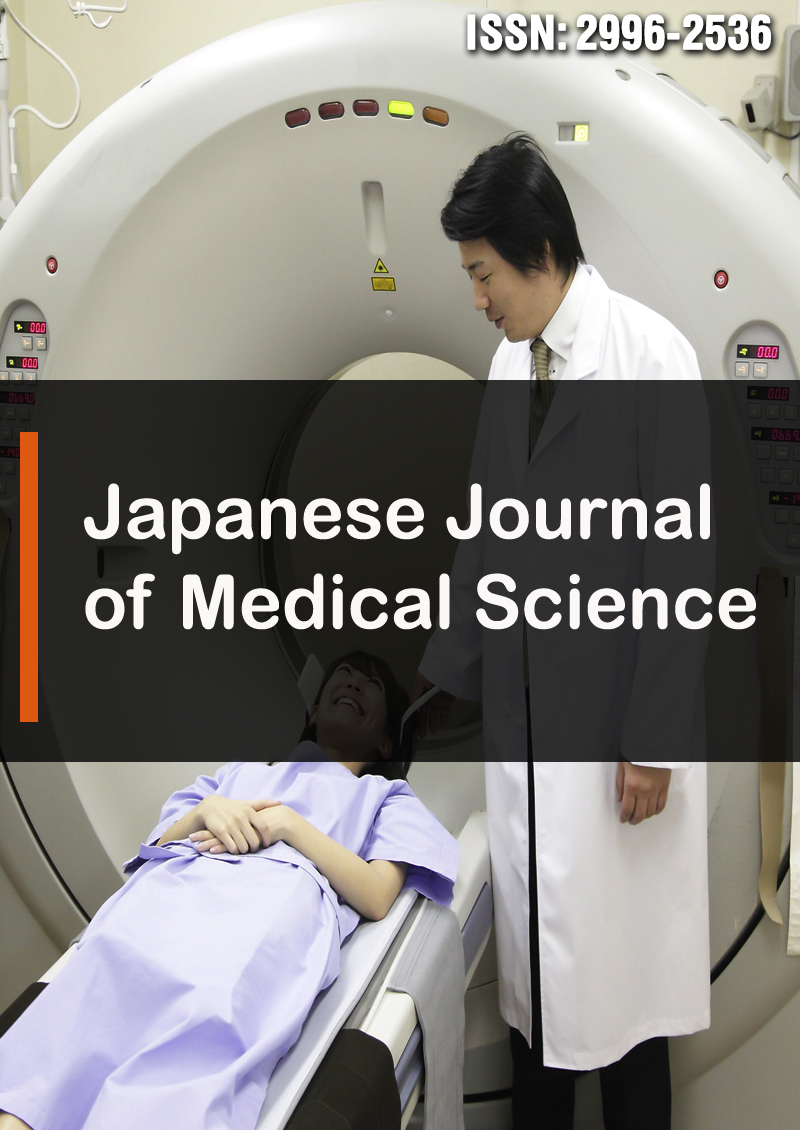The Importance of Nutrition for Fetal Health
Abstract
Zeinab Monfared
Background: Adequate nutrition during pregnancy is paramount for ensuring optimal fetal health and development. This structured review examines the importance of maternal nutrition in influencing fetal growth, organ development, and long- term health outcomes.
Methods: A systematic literature search was conducted using databases such as PubMed, MEDLINE, and Cochrane Library to identify relevant articles, reviews, and meta-analyses on maternal nutrition and fetal health. Keywords included "maternal nutrition," "fetal development," "pregnancy outcomes," "nutrient deficiencies," and "long-term health effects."
Nutritional Requirements during Pregnancy: This section discusses the specific nutritional needs of pregnant women, including essential vitamins (e.g., folate, vitamin D), minerals (e.g., iron, calcium), omega-3 fatty acids, and macronutrients (e.g., proteins, carbohydrates). It explores how these nutrients contribute to fetal growth, brain development, and immune function.
Impact of Maternal Diet on Fetal Health: The review outlines how maternal dietary patterns, including balanced diets rich in fruits, vegetables, whole grains, and lean proteins, positively influence fetal health. It also addresses the adverse effects of maternal malnutrition, micronutrient deficiencies, and excessive calorie intake on fetal development.
Role of Lifestyle Factors: Factors such as maternal obesity, gestational diabetes, smoking, alcohol consumption, and substance abuse are examined for their impact on fetal well-being. The review discusses mechanisms by which these factors affect intrauterine environment and fetal programming.
Long-Term Health Implications: Drawing from longitudinal studies and cohort analyses, this section explores the link between intrauterine nutritional exposures and long-term health outcomes in offspring. It discusses associations with childhood obesity, metabolic disorders, cardiovascular diseases, and neurodevelopmental conditions.
Interventions and Public Health Strategies: Strategies for improving maternal nutrition through prenatal care, dietary counseling, supplementation, and public health initiatives are discussed. The review emphasizes the importance of multidisciplinary approaches involving healthcare providers, nutritionists, policymakers, and community programs.
Conclusion: In conclusion, optimizing maternal nutrition is essential for promoting healthy fetal development and reducing the risk of adverse health outcomes across the lifespan. This review underscores the critical role of nutritional interventions and public health strategies in improving fetal health and ensuring intergenerational health equity.



